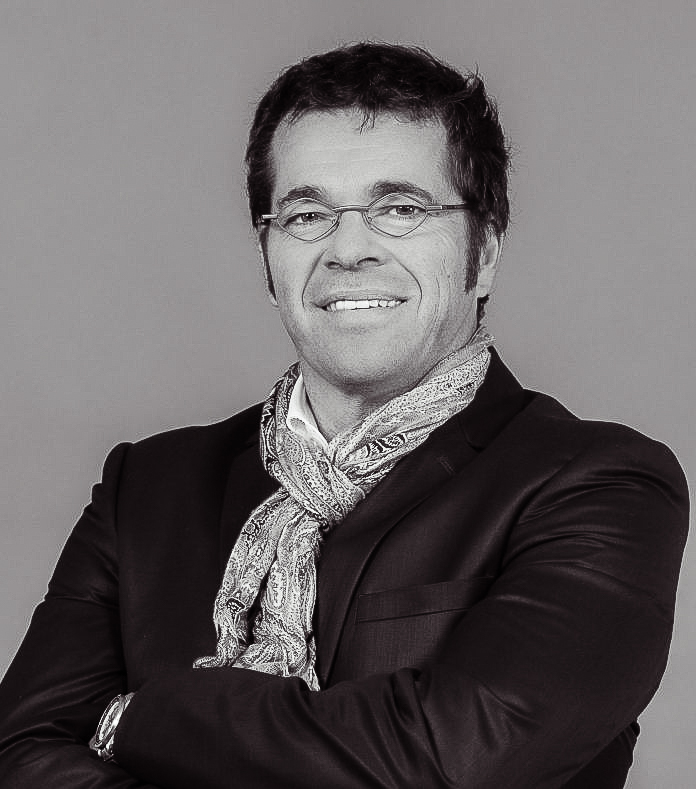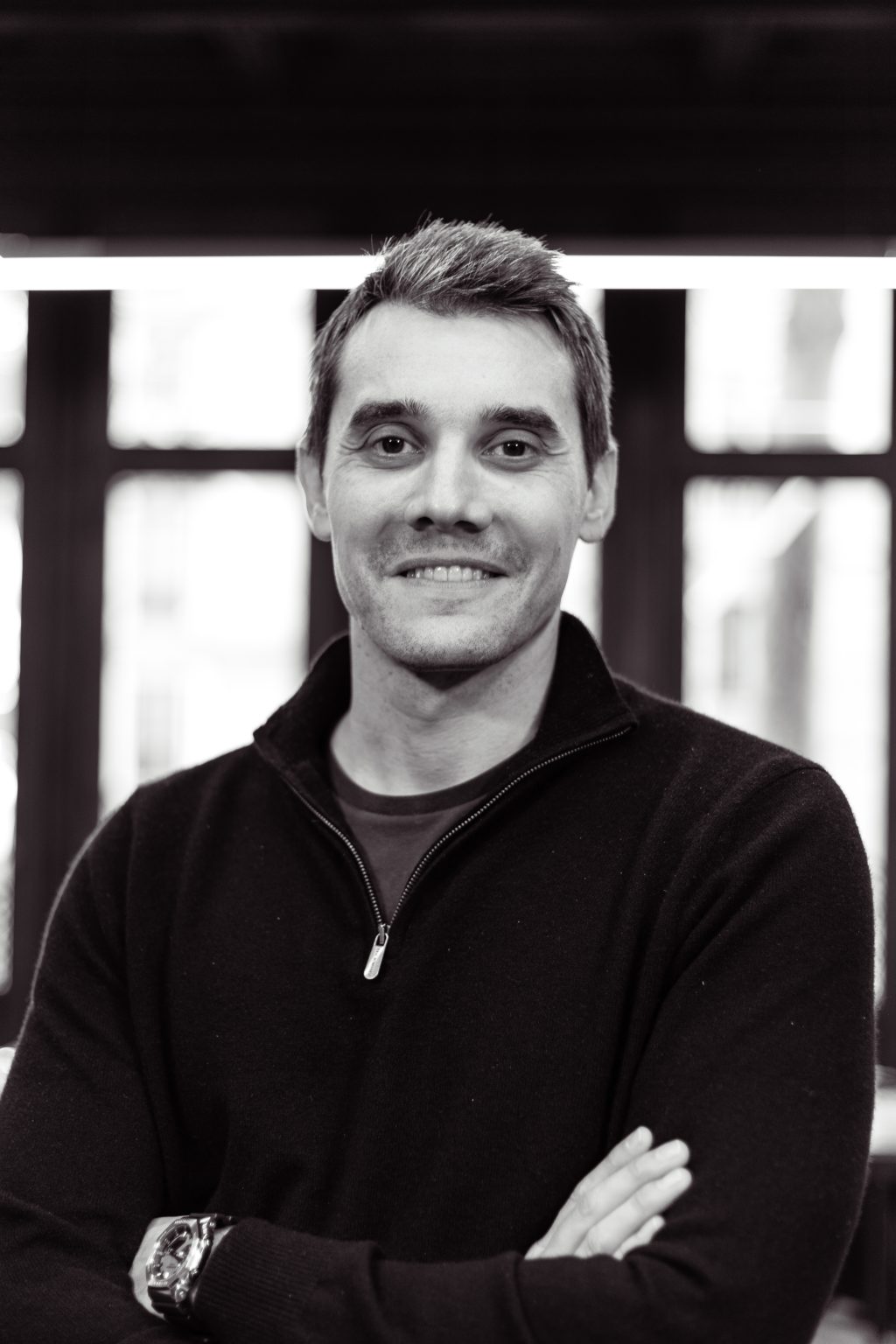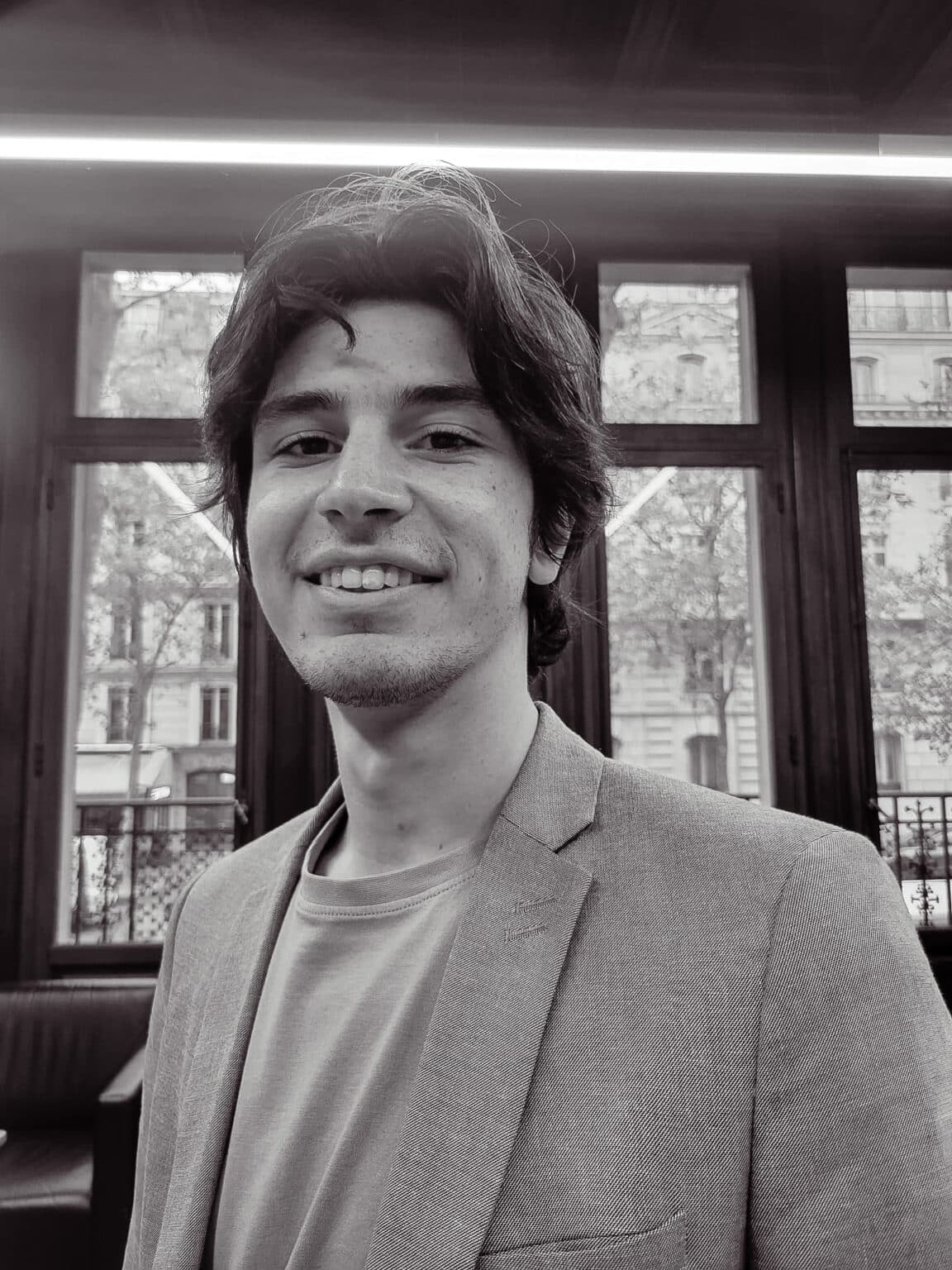Yannick BLANC
President of La Fonda
Html code here! Replace this with any non empty text and that's it.
The criminal actions of January’s terrorists and the scale of radicalisation in some areas of social housing highlight the pervasiveness and the tenacity of what Manuel Valls, borrowing a term used by Jean-Pierre Chevènement over fifteen years ago, has called social apartheid. It is not a new phenomenon, having already been studied twenty-five years ago by Jean-Marie Delarue and ten years ago by Jacques Donzelot during the 2005 riots2. It would be preposterous to say that nothing has been done about it since then, and a little too early to claim once and for all that “urban policy has failed.” However, the gravity of recent events forces us re-examine the issue of social fragmentation in France.
To make sense of the socio-ethic separatism and the radicalisation, we must look at the neighbourhoods and public policies that produced them in the context of other ongoing social and economic changes. The employment market is the most significant factor: while the purpose of urban policy was to reinforce the social fabric, the financialisation of the economy imposed economic performance criteria that led to the loss or casualisation of huge numbers of unskilled jobs. For more than a century, the working community had by far been the most powerful factor of integration for several generations of migrants. Just think about what goes on in many companies today, the prevailing sense of misery in some and the baffling behaviour of generation Y in others, and try to imagine the effect that this disintegration of the working community has on young people from disadvantaged backgrounds! Before we put the blame on the education system, we should take a clearer look at the world that awaits pupils who are not members of the elite. As Jacques Donzelot so rightly says, it is pointless trying to promote social mix in disadvantaged neighbourhoods if those who live there cannot imagine having an equal place in the rest of society.
It is in this context of fragmentation that the paradox of communitarianism should be examined. Every generation of migrants has been integrated into French society through strong community structures, which very often revolved around religion, from the Italians in the early 20th century to the Chinese today, not to mention the Armenians, the Polish and the Portuguese. None of these communities, some of which are still very much alive, have been perceived as posing a threat to French national unity. Conversely, Muslims from the Maghreb or from Sub-Saharan Africa do not have a solid network of community institutions, and the inability of the French Council of Muslim Faith to create a religious community shows how objectively difficult the problem is. There is no religious authority in European Islam. The majority of Imams practising in France are either “moral auto-entrepreneurs” who are in an extremely vulnerable position, or foreign functionaries trained to promote a particularly reactionary form of Islam. What we now refer to as communitarianism is not based on the existence of a community. It is a symbolic overstatement used in public spheres. The French system of secularity, in which politics are both independent of and indifferent to religion, is suffering a setback in the sense that the religious anomie experienced by Muslims has become a political problem. So less prohibition and more empathy are needed within the secular system to allow all French people to carve out their own path in society.
Html code here! Replace this with any non empty text and that's it.
Some keys to decode the situation
In Le Monde on the 9th of January, Olivier Roy warns against the decision to call the Muslim population in France a community. “We charge the Muslim population with communitarianism and at the same time we criticize them for not ever exhibiting it.” In fact, this specialist on Islam asserts that “our” Muslims are better integrated in the French society than we think. Additionally, the Muslim community is not trying to put in place either representative institutions, or networks of NGOs on a national scale. A Muslim vote does not exist. The radicalized young people who join the Islamic State are in total rupture with the Islam of their elders and the culture of Muslim societies. They act as isolated individuals, “who resocialise themselves in the setting of a small gang that sees itself at the forefront of a Muslim community, which offers an imaginary relief: not a single one of them was inserted into a mass sociability, be it religious, political or associational.“ (extract from no.47 of the publication Le 1).
From a different perspective in La Croix, researcher and educator Rachid Benzine explains that as French universities have stopped teaching Islamic studies, there are no places where Muslims could study their religion in an intelligent and distanced way. After all, only theology enables us to take the necessary critical distance as regards representations.
Katarina CIRODDE, In charge of studies, Confrontations Europe









